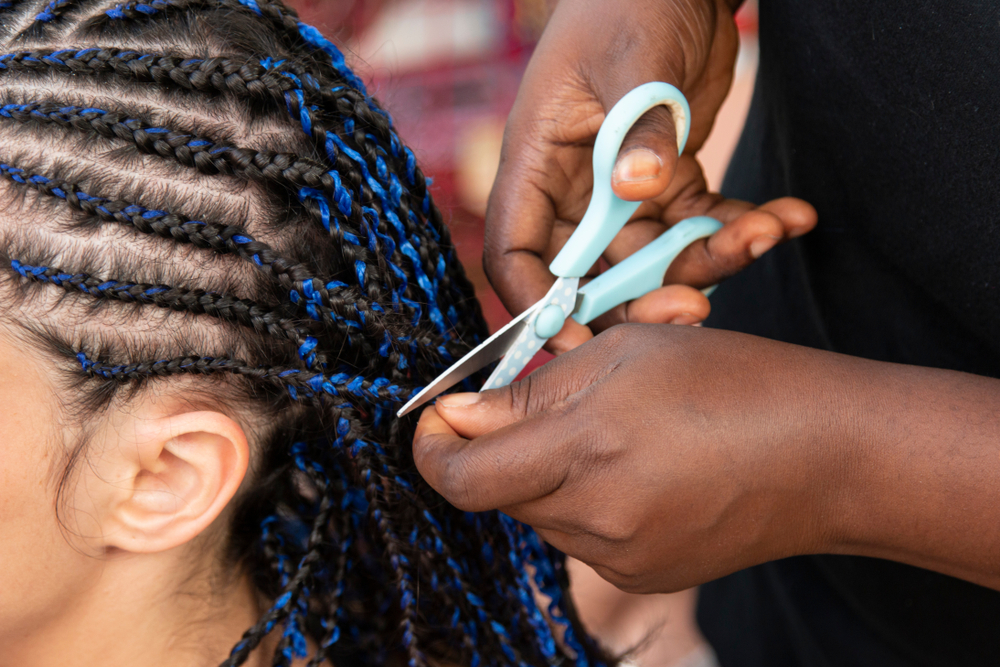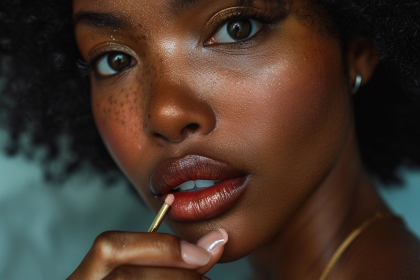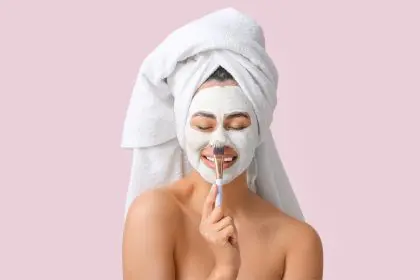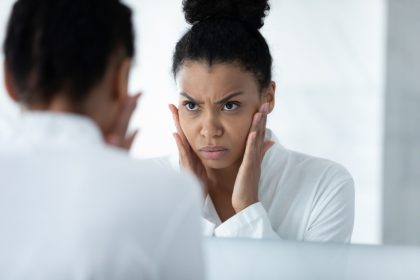With a population of 3.2 million, Puerto Rico has over 1.6 million residents identifying as being of two or more races, and nearly 230,000 individuals identifying solely as Black, according to U.S. Census data.
Welmo Romero Joseph, a community facilitator at the nonprofit Taller Salud, expressed that this law is a victory for future generations. He emphasized that it sends a strong message that individuals can achieve positions of power without altering their identity. Joseph shared a personal experience, recalling how a high school principal once ordered him to cut his flat top hairstyle, which he regarded as a source of pride.
The issue of hair discrimination is not new in America; it has persisted for decades. Many Black individuals have faced barriers in both professional and educational settings due to their natural hairstyles, often leading to job loss or school suspensions.
In response to this widespread issue, approximately 24 states in the U.S. have adopted their own versions of the CROWN Act, which stands for “Creating a Respectful and Open World for Natural Hair.” This act was established in 2019 to combat hair discrimination and promote inclusivity.












